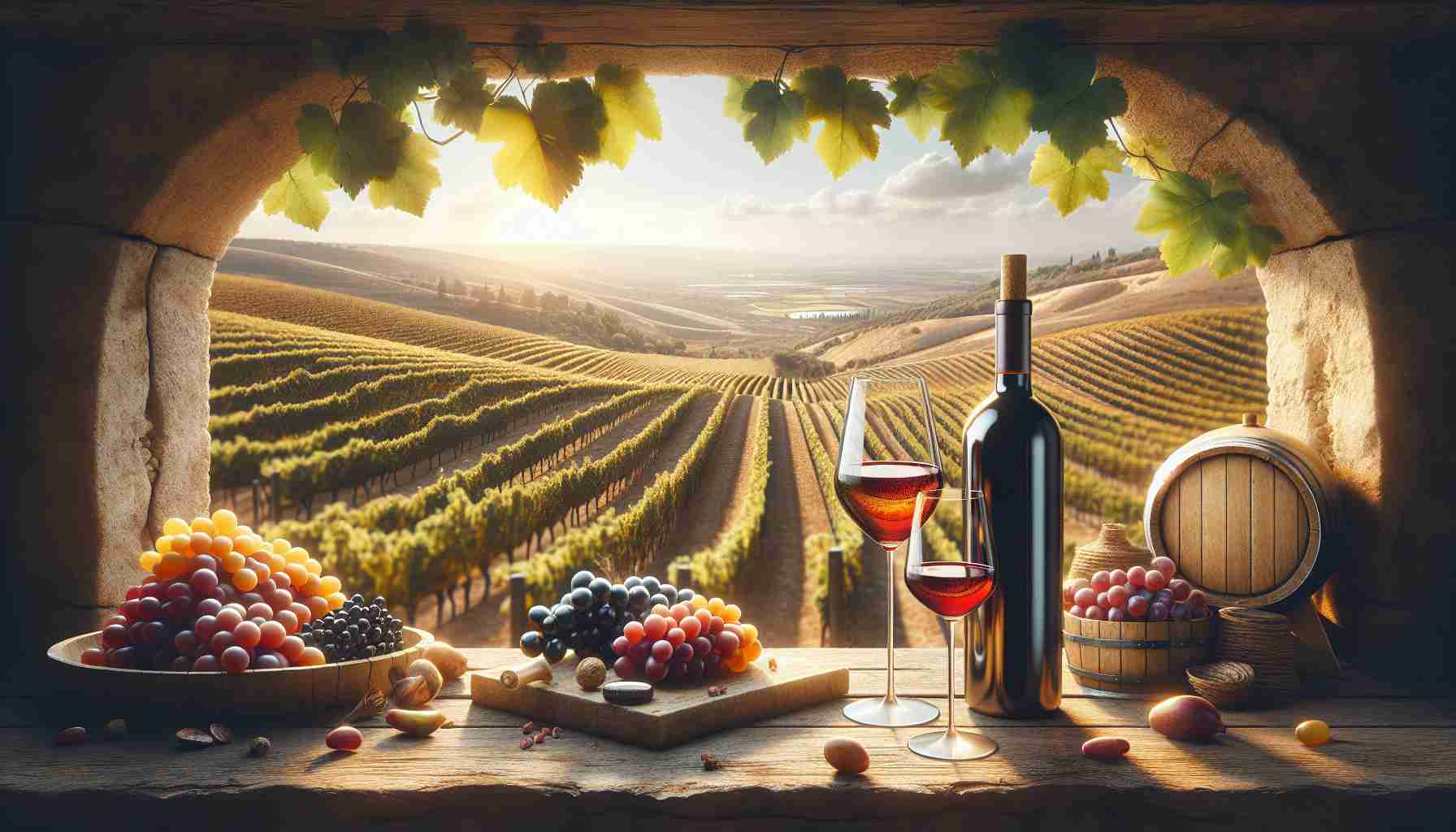A Journey Through Israel’s Wine Renaissance
Israel’s wine legacy is rich and compelling, marked by a string of pivotal events. The Zion Winery, established in 1848 by the Shor family, signifies the resurgence of wine in the Holy Land. Utilizing indigenous grapes from Hebron, it symbolized a commitment to revive traditional viticulture.
The revival accelerated with the First Aliyah in 1882, spearheaded by Baron Edmond de Rothschild. At his helm, Carmel Winery emerged, focusing on affordable, simple wines from Alicante and Carignan. However, the real transformation appeared in the 1980s with the Golan Heights Winery, which brought New World techniques and Californian expertise, initiating a quality revolution.
The 1990s saw the rise of boutique wineries, such as Margalit Winery and Tzora Vineyards, which elevated the wine game with varietals like Cabernet Sauvignon and Merlot. This paved the way for the Vitkin Winery, founded in 2001 by brothers-in-law Doron Belogolovsky and Assaf Paz. The winery embodies a deep connection to the land, being rooted in family heritage.
Doron, with his craftsmanship, and Assaf, with his culinary background and formal training in Bordeaux, have propelled Vitkin into the spotlight. Their innovative spirit led to exploring lesser-known grape varieties through the ABC revolution. Sharona Belogolovsky later joined as CEO, becoming a trailblazer in winery management, ensuring the winery’s continued success and vision. Today, Vitkin stands as a testament to Israel’s dynamic wine landscape.
The Unfolding Tale of Israel’s Wine Revolution: From Tradition to Innovation
A Journey Through Israel’s Wine Renaissance
Israel’s wine industry is experiencing a thrilling renaissance, marked by innovations, boutique vineyard growth, and an increasing global appreciation of its unique viticulture. This modern chapter began with historical contributions from pioneers and has evolved into a multifaceted market that blends tradition with contemporary winemaking techniques.
Key Innovations
One significant trend is embracing sustainable viticulture. Many Israeli wineries are adopting organic and biodynamic practices to enhance the quality of their grapes while minimizing environmental impact. This commitment to sustainability is in response to growing consumer demand for ethically produced and environmentally friendly products.
Several wineries are invested in regenerative agriculture, which not only focuses on organic practices but also aims to improve soil health and biodiversity. This transformation in practices reflects a broader global trend in the wine industry, where ethical production plays a pivotal role in marketing and consumer choice.
Emerging Grape Varieties and Styles
The diversity of Israel’s climate allows for the cultivation of a wide variety of grapes. Indigenous grape varieties, previously overshadowed by international ones, are experiencing a renaissance. Winemakers are increasingly experimenting with lesser-known varieties such as Jandali, Mount Meron, and Dabouki, which not only add uniqueness but also tell a story about the land and its heritage.
Additionally, there has been a surge in natural wines—unfiltered and without additives—crafted by innovative producers seeking to capture the essence of the terroir. This trend resonates with a sophisticated audience eager for distinct flavors and authentic experiences.
Pros and Cons of Israel’s Wine Industry Growth
Pros:
– Cultural Heritage: Revitalizes ancient techniques and relationships to the land.
– Diverse Offerings: Expanding varieties enrich the options available to consumers.
– Global Recognition: Increasing awards in international competitions bolster reputation.
Cons:
– Market Saturation: The rapid growth of boutique wineries could lead to competition challenges.
– Production Consistency: Maintaining quality while increasing volume can be difficult for emerging wineries.
Market Insights and Future Trends
Israel’s wine exports have shown consistent growth, particularly to markets such as the United States, Europe, and Asia. As of 2023, Israel’s wine industry is projected to grow by approximately 4% annually, driven by evolving consumer preferences and the allure of unique wines. This growth is supported by increased tourism and vineyard visits, which provide invaluable experiences that foster a stronger connection to the product.
The future may hold further collaborations between Israeli wineries and international partners, particularly those in regions known for their innovative techniques, such as California and Australia. Such partnerships could accelerate learning and technology transfer, improving overall product quality.
The Role of Technology
Modern winemaking in Israel embraces technology, including precision viticulture tools that utilize data analytics to optimize vineyard management. Drones and satellite imagery are being employed to monitor vine health and growth conditions, allowing winemakers to make informed decisions quickly.
Conclusion
Israel’s wine renaissance represents a rich tapestry woven from historic practices and modern innovation. The journey from ancient vineyards to contemporary wineries showcases a commitment to quality and sustainability. As this exciting evolution continues, it invites wine lovers worldwide to explore its unique offerings and narratives.
For more information about Israel’s vibrant wine scene, visit Israeli Wine.
